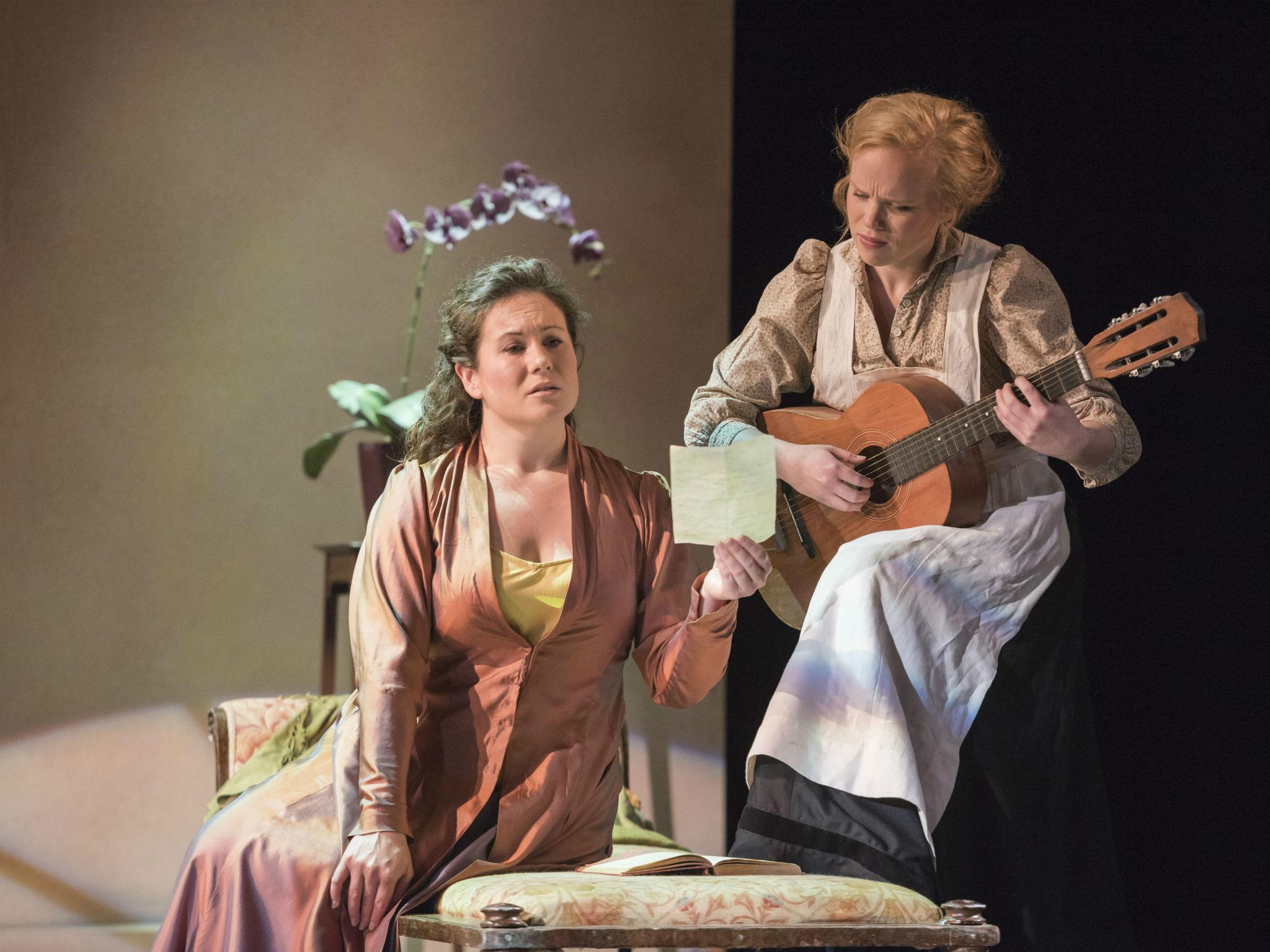The Marriage of Figaro, Longborough Festival Opera, Longborough, review: 'The singing was uniformly excellent'

Your support helps us to tell the story
From reproductive rights to climate change to Big Tech, The Independent is on the ground when the story is developing. Whether it's investigating the financials of Elon Musk's pro-Trump PAC or producing our latest documentary, 'The A Word', which shines a light on the American women fighting for reproductive rights, we know how important it is to parse out the facts from the messaging.
At such a critical moment in US history, we need reporters on the ground. Your donation allows us to keep sending journalists to speak to both sides of the story.
The Independent is trusted by Americans across the entire political spectrum. And unlike many other quality news outlets, we choose not to lock Americans out of our reporting and analysis with paywalls. We believe quality journalism should be available to everyone, paid for by those who can afford it.
Your support makes all the difference.The first image you see in this production is of an English country squire with his dog, and with Benjamin Bevan’s stocky Count Almaviva not altogether dissimilar to Hugh Bonneville, I was immediately reminded of Downton Abbey. It’s a comparison that director Thomas Guthrie might not object to, as he has set Mozart’s opera, not in its usual location of Seville, but in Britain on the verge of the First World War, the period in which the television drama was originally set.
It’s the sort of imaginative idea one expects from this venue, which has fast become the most exciting of the small-scale country house operas. With Cherubino preparing to go off to war in his tin hat and "Tommy" uniform, and the era of burgeoning women’s rights evoked, even the plot revolving around the opposition to the count’s droit du seigneur is, with the requisite suspension of disbelief, just about plausible in the class system of that time.
There were moments when I wanted to remind the creative team that this is a comedy, full of episodes of broad farce. At times the production is a little too ponderous, and the individual characters insufficiently defined. Beate Mordal’s Susannah could be a little more coquettish, though her singing was a delight.
Indeed, the singing was uniformly excellent, with the vocal highlights coming from Grant Doyle’s Figaro and, most particularly, Anna Harvey’s excellent Cherubino. The orchestra under the baton of Robert Houssart gave a fine account of this joyous score.
Join our commenting forum
Join thought-provoking conversations, follow other Independent readers and see their replies
Comments